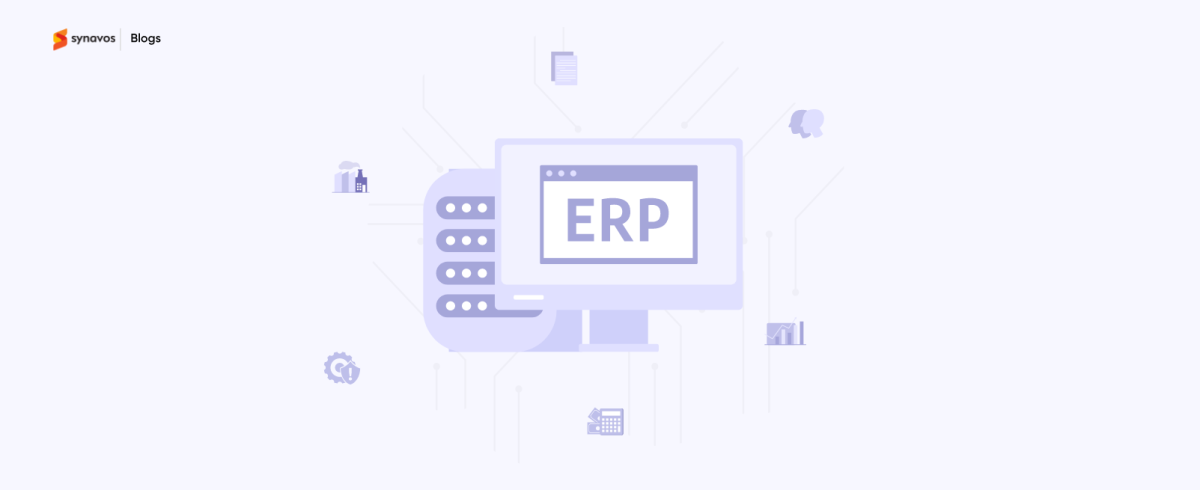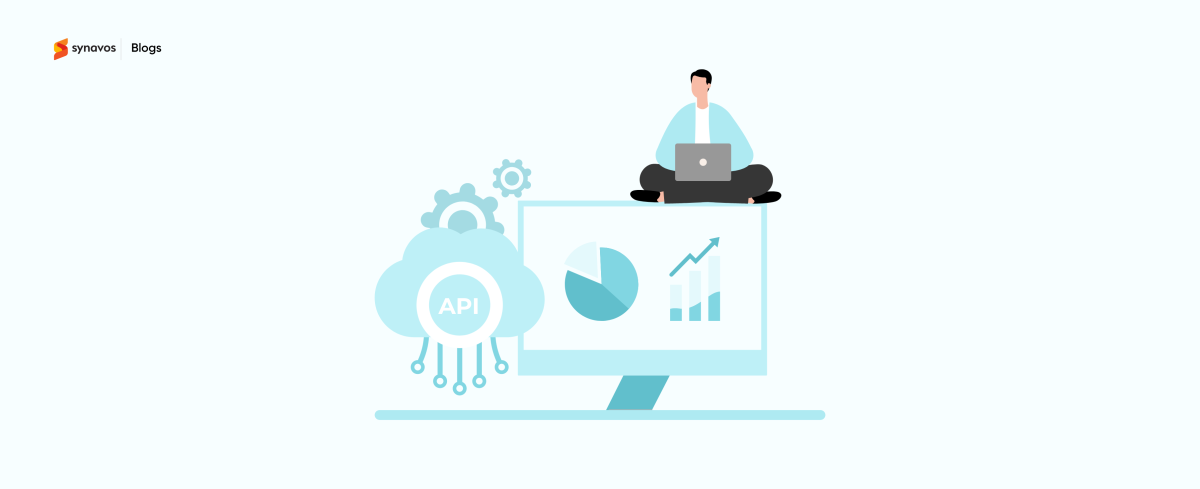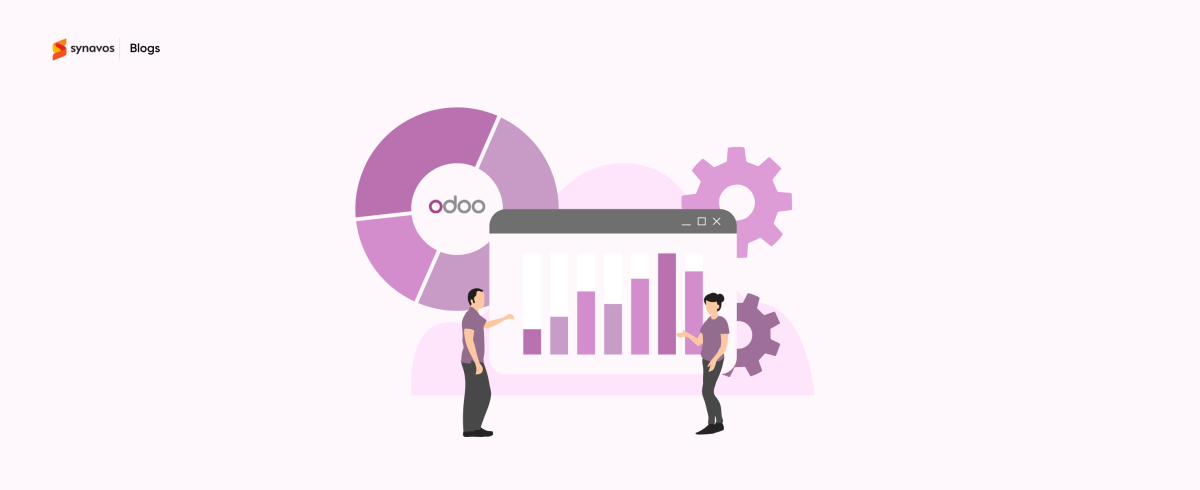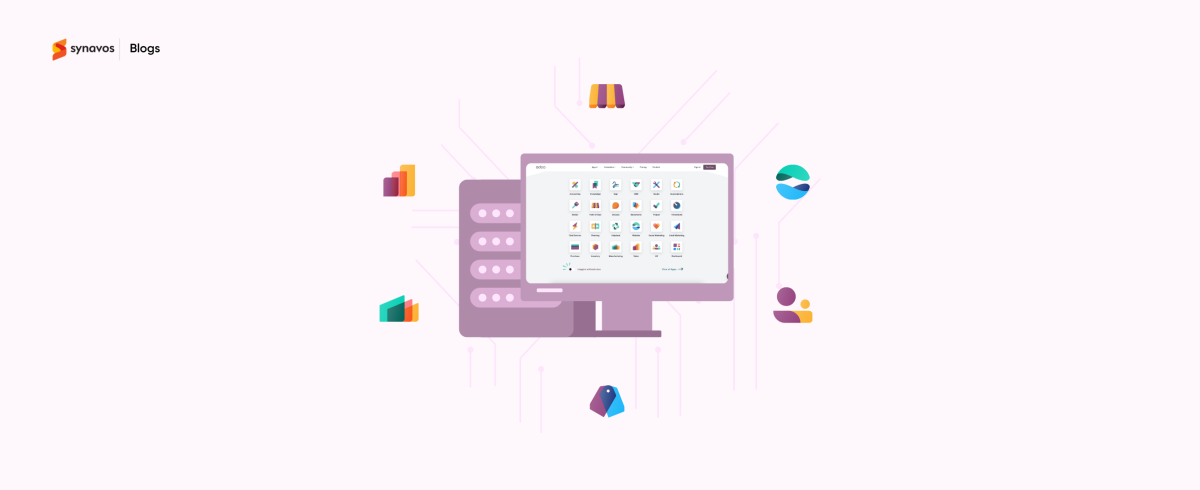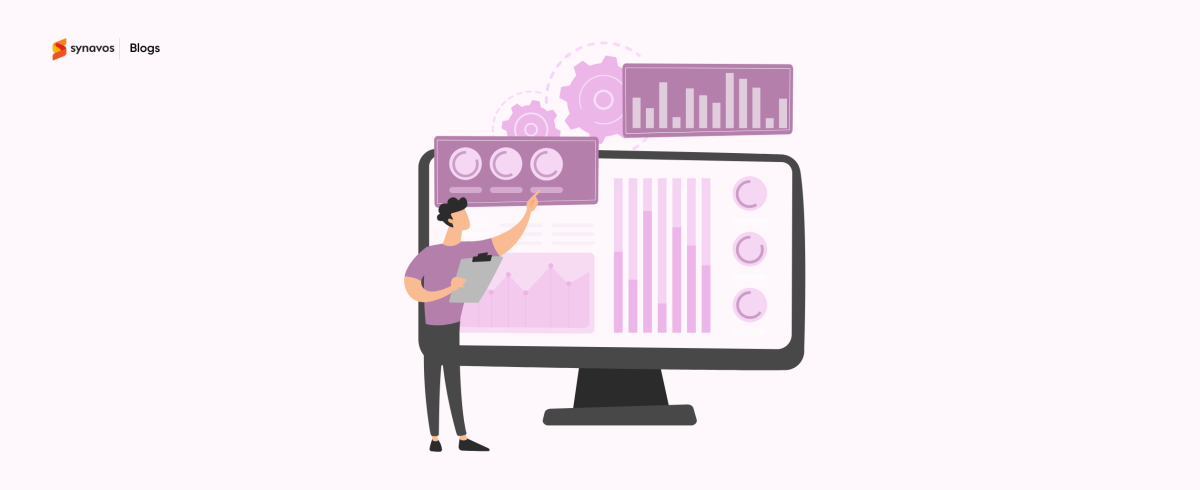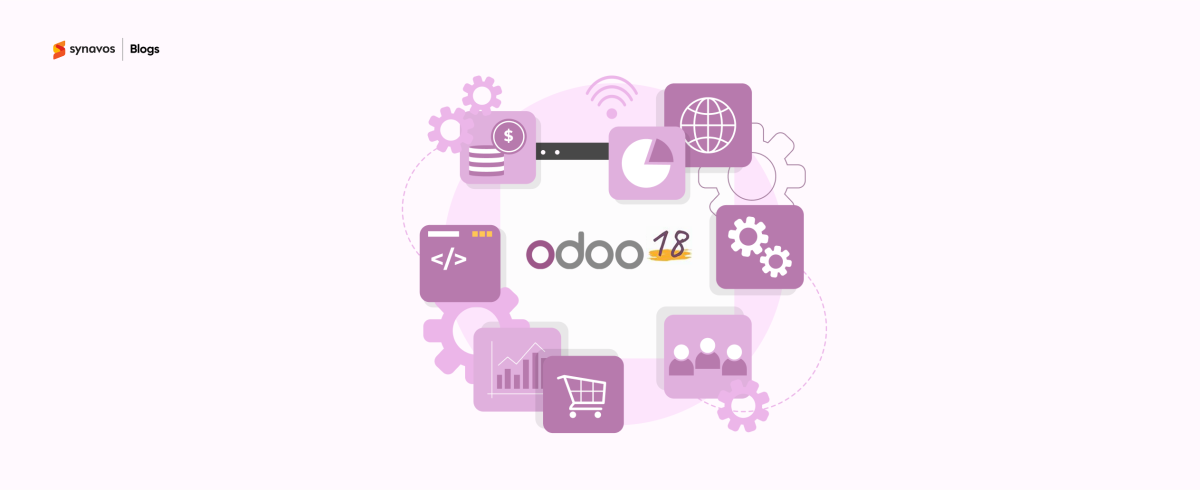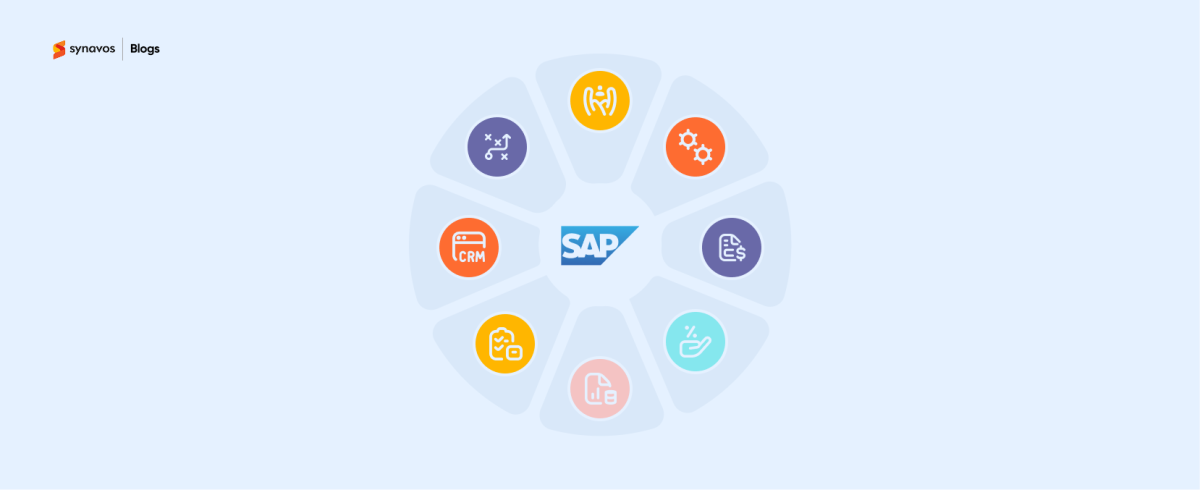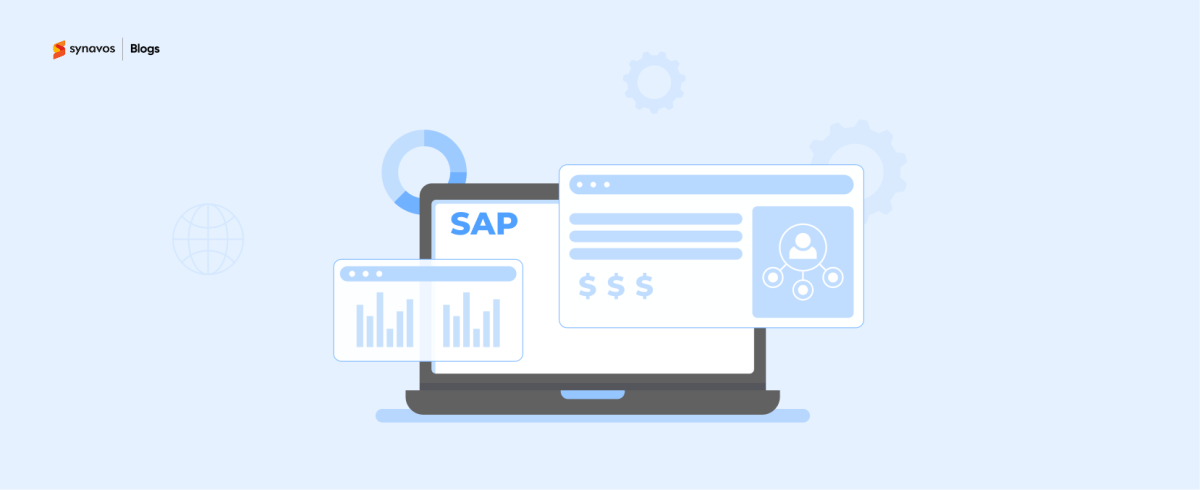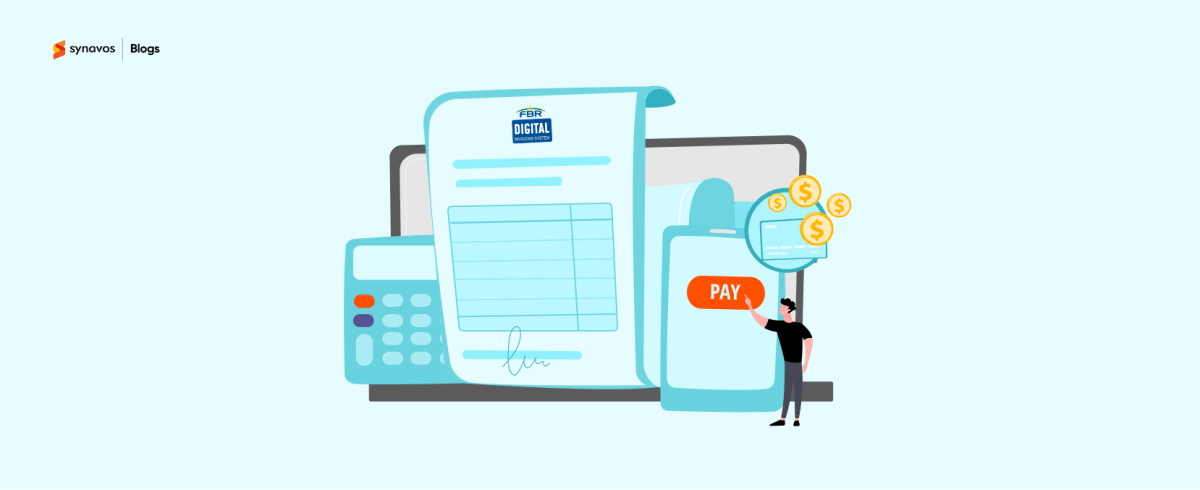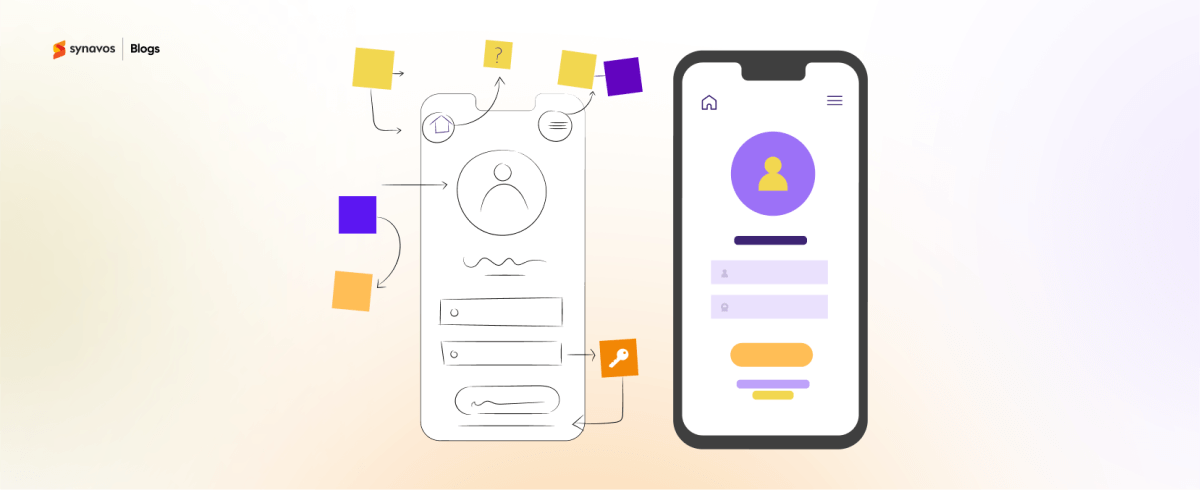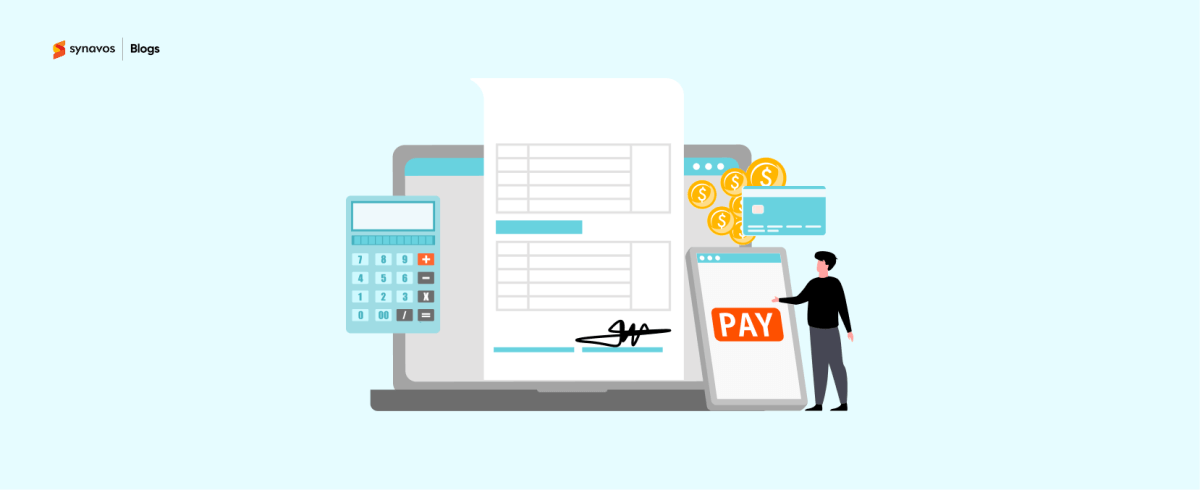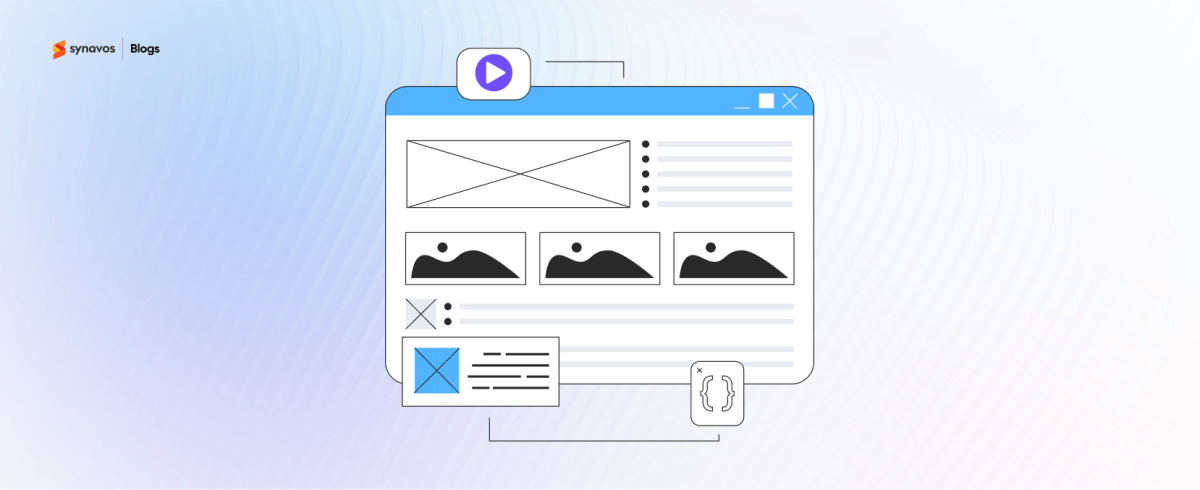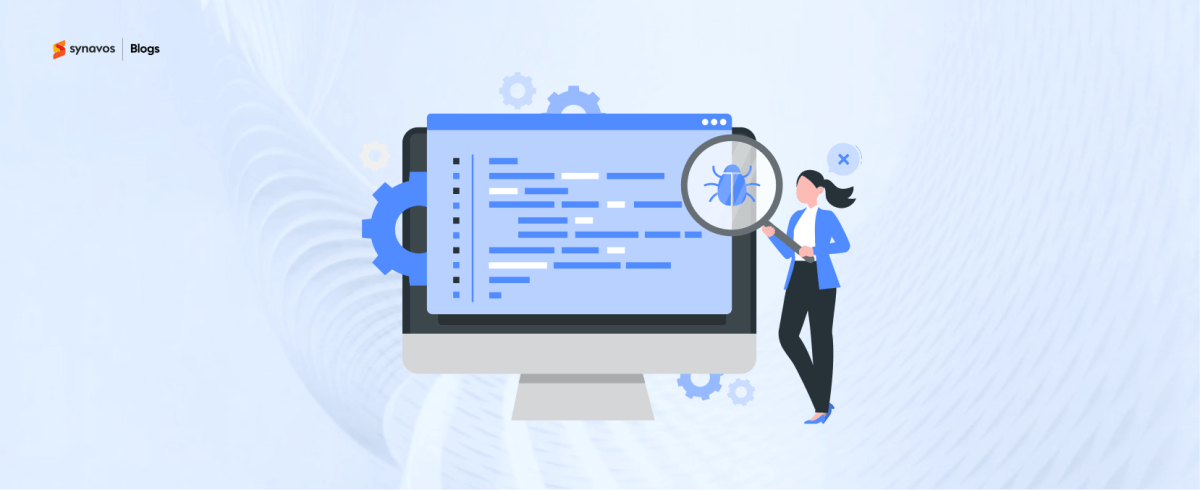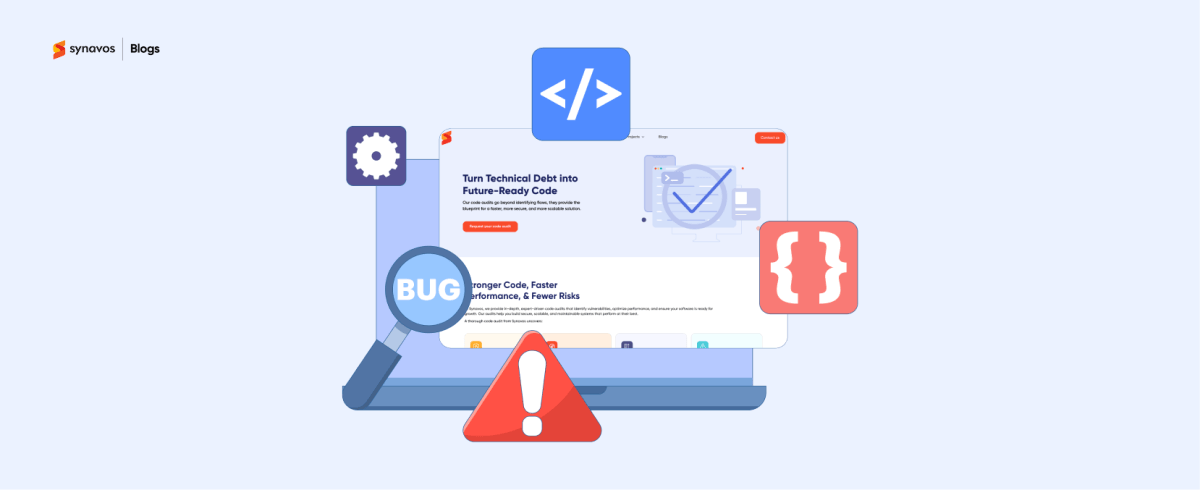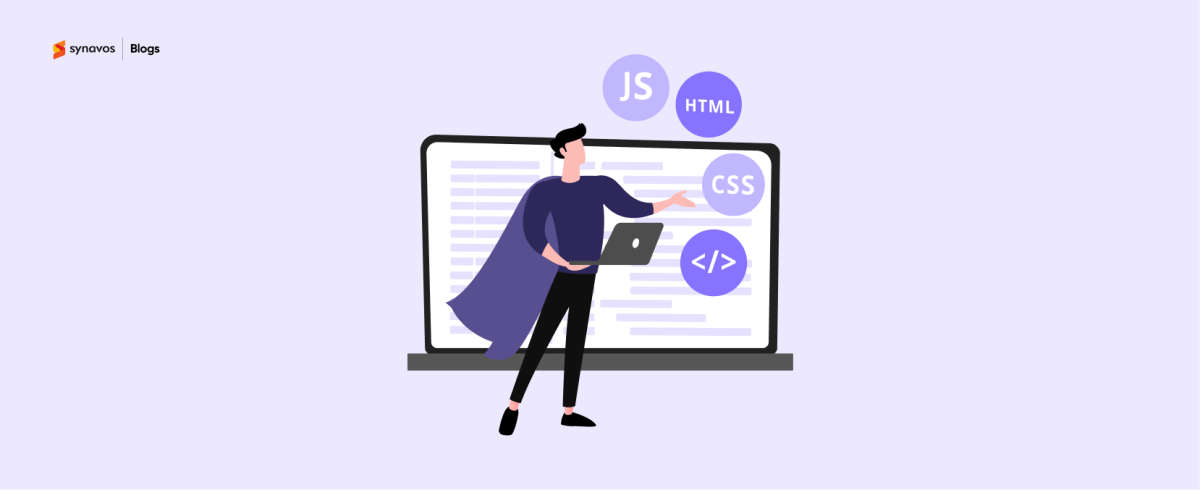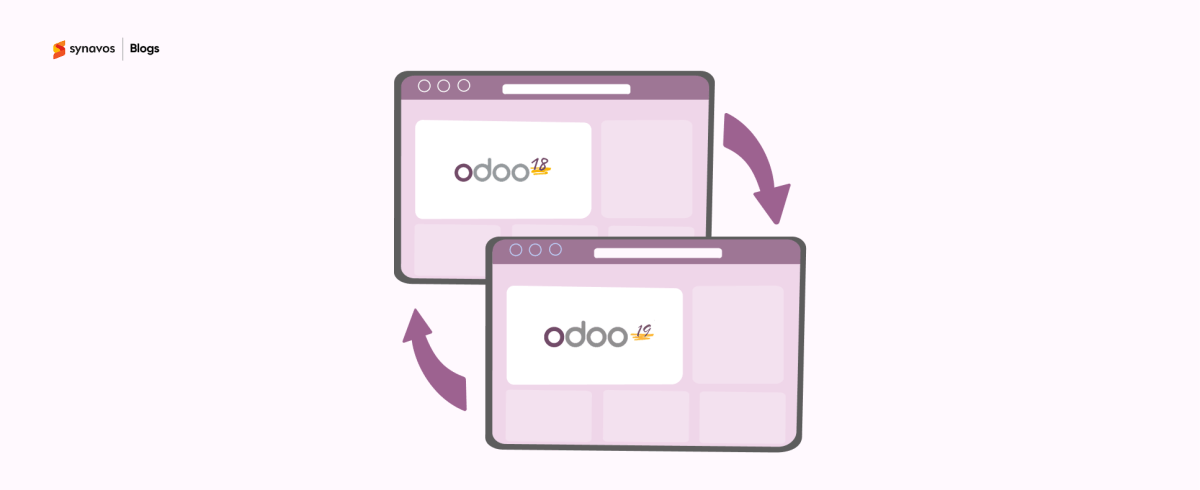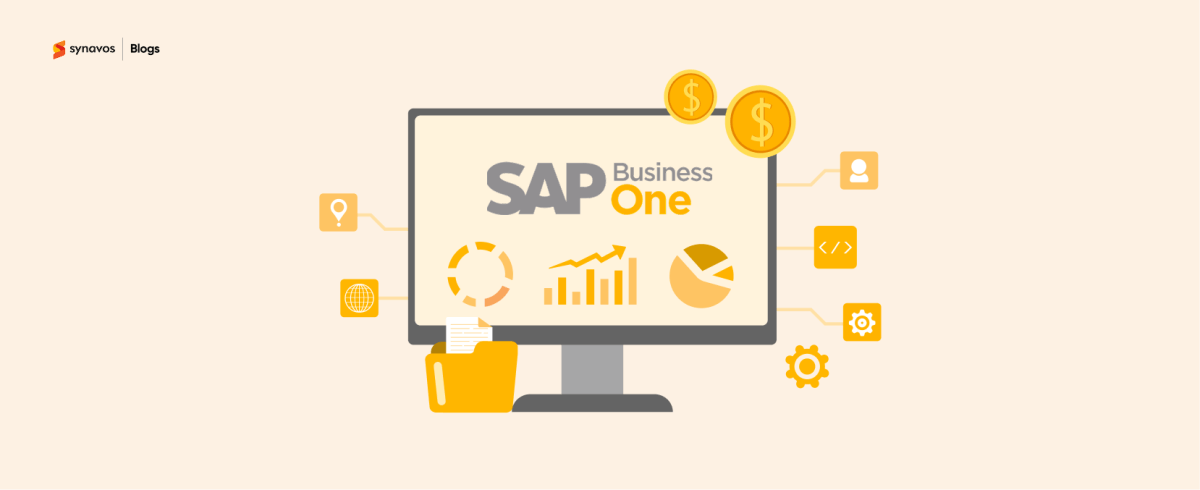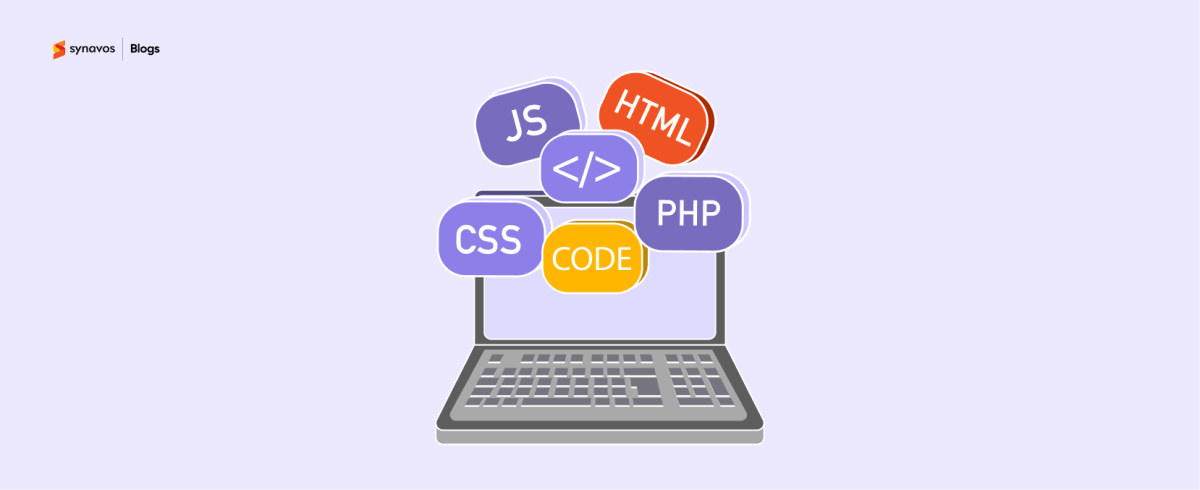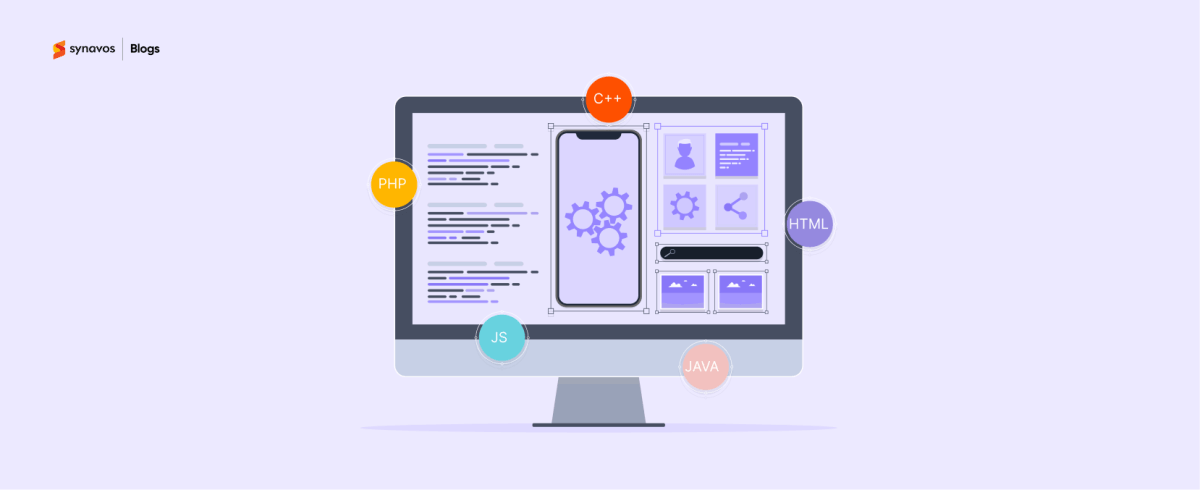When it comes to improving software quality, two terms often get mixed up: code audit and code review. Both involve examining code, but they serve different purposes and are carried out in very different ways.
A code review is usually part of the day-to-day development process, where peers review each other’s changes to catch bugs early and maintain coding standards. A code audit, on the other hand, is a deeper, more formal examination of the entire codebase, often performed by external experts to evaluate security, performance, compliance, and overall code quality.
Understanding the difference between these two practices is important for businesses and development teams as using the right approach at the right time helps businesses save costs, prevent vulnerabilities, and build software that is secure, efficient, and future-ready. In this blog, we’ll break down what code reviews and code audits are, how they differ, and when each should be applied to get the best results.
What is a Code Review?
A code review is a process where developers examine each other’s code to ensure it meets quality standards and follows best practices. Unlike a code audit, a code review is usually an ongoing, collaborative activity integrated into the development workflow.
The primary goals of a code review are to catch errors early, maintain consistent coding standards, and improve overall readability and maintainability. It also encourages knowledge sharing within the team by helping junior developers learn from more experienced colleagues.
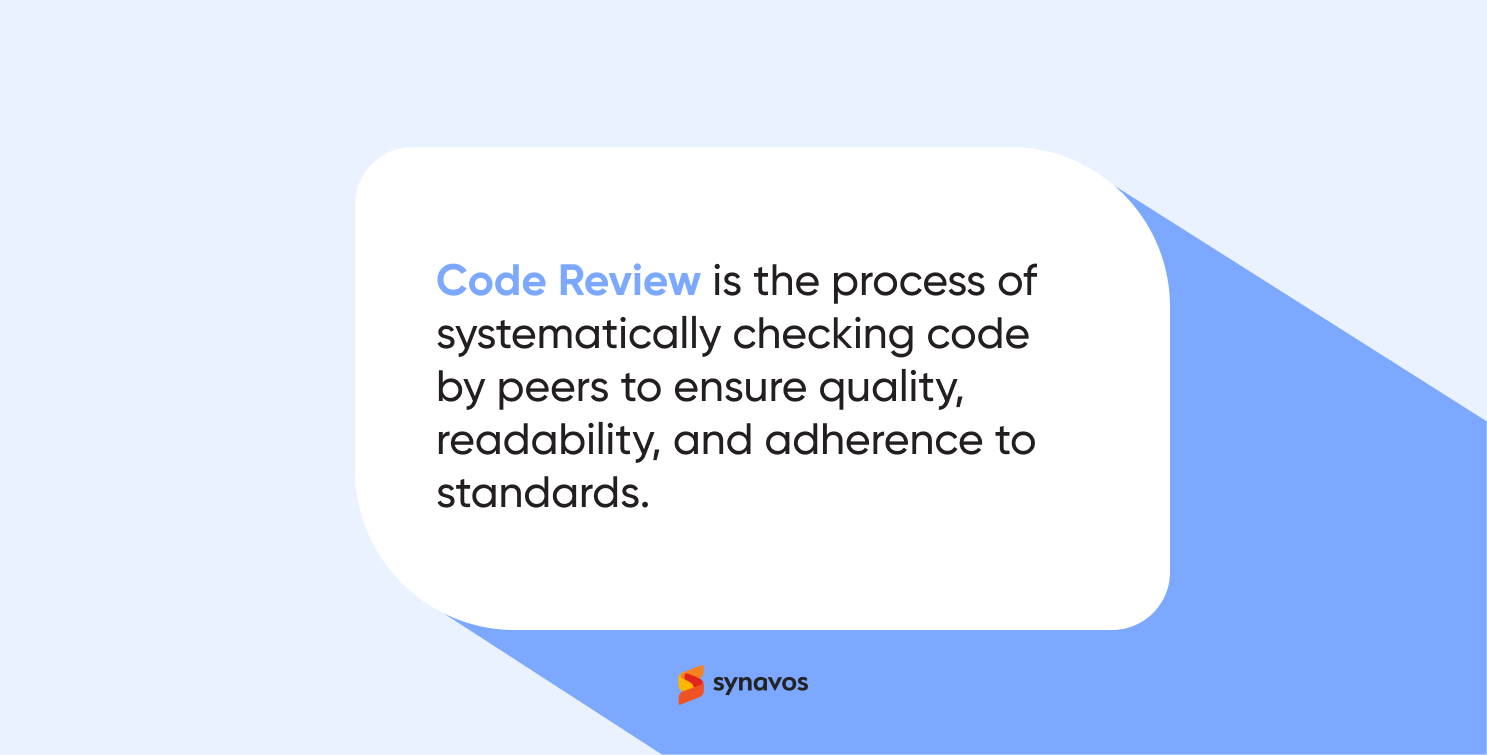
Code reviews are typically conducted by peers or team leads who are familiar with the project. They focus on logic, code structure, and adherence to development guidelines rather than deep security or compliance checks. While they may uncover minor bugs or vulnerabilities, their main purpose is to improve the quality of the code as it is being written.
What is a Code Audit?
A code audit is a comprehensive review of an entire codebase, often conducted by experienced auditors or external experts. Unlike a code review, which focuses on recent changes, a code audit examines the overall architecture, security, performance, and maintainability of the software.
Code audits are typically conducted at key stages of a project, such as before a major release, during compliance checks, or when an organization inherits a legacy codebase. They are often performed by experts who are not directly involved in the daily development of the project. This external perspective allows auditors to uncover issues that internal teams might miss, including security gaps, architectural flaws, and compliance risks.
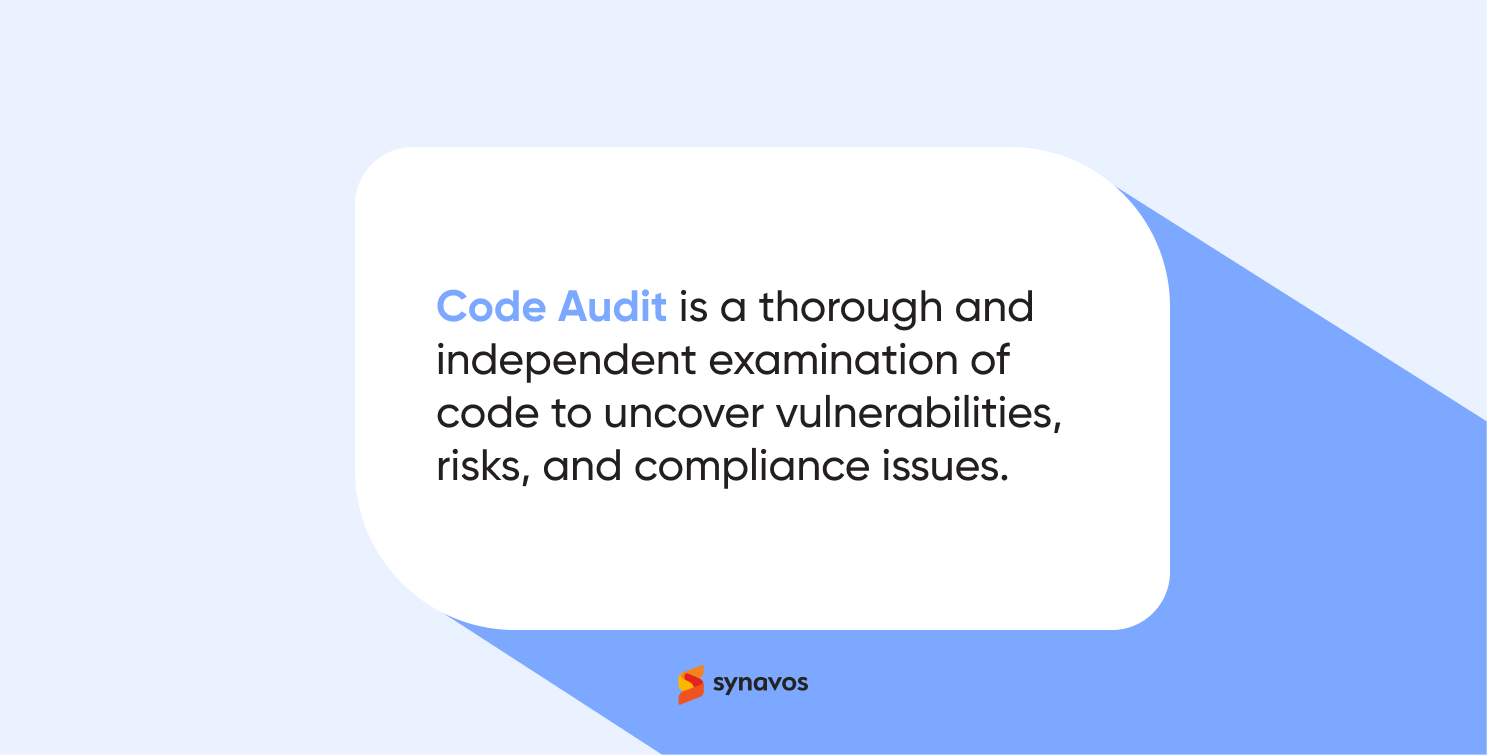
By conducting a code audit, businesses gain a clear understanding of their software’s strengths and weaknesses. It uncovers hidden issues, provides actionable recommendations, and helps improve security, performance, and maintainability to ensure the application remains reliable and scalable as it grows.
For a detailed look into how code audits work, their key benefits, and the best practices to follow, check out our blog “Code Audit Explained: Key Benefits, Process, and Best Practices.”
Key Differences Between Code Review and Code Audit
While code reviews and code audits both involve examining code, they differ significantly in scope, purpose, and approach. Understanding these differences ensures that development teams and businesses apply the right method at the right time.
1. Scope
- Code Review: Focuses on specific changes or new features in the codebase. It’s a targeted check to catch errors before they are merged.
- Code Audit: Evaluates the entire codebase to provide a holistic assessment of the software’s quality, security, and maintainability.
2. Timing
- Code Review: Happens continuously during development, usually on a daily or weekly basis.
- Code Audit: Occurs periodically or at critical milestones, such as before major releases or system upgrades.
3. Focus Areas
- Code Review: Emphasizes readability, correctness, consistency, and maintainability. Minor security or performance issues may also be identified.
- Code Audit: Goes deeper, focusing on security vulnerabilities, compliance with industry standards, code efficiency, and long-term scalability.
4. Who Performs It
- Code Review: Conducted by peers, team leads, or internal developers familiar with the project.
- Code Audit: Conducted by specialized auditors, internal quality teams, or external experts to provide an unbiased and thorough evaluation.
5. Deliverables
- Code Review: Provides immediate feedback, often through comments in the code or merge requests.
- Code Audit: Produces a detailed report highlighting issues, severity levels, and actionable recommendations for improvement.
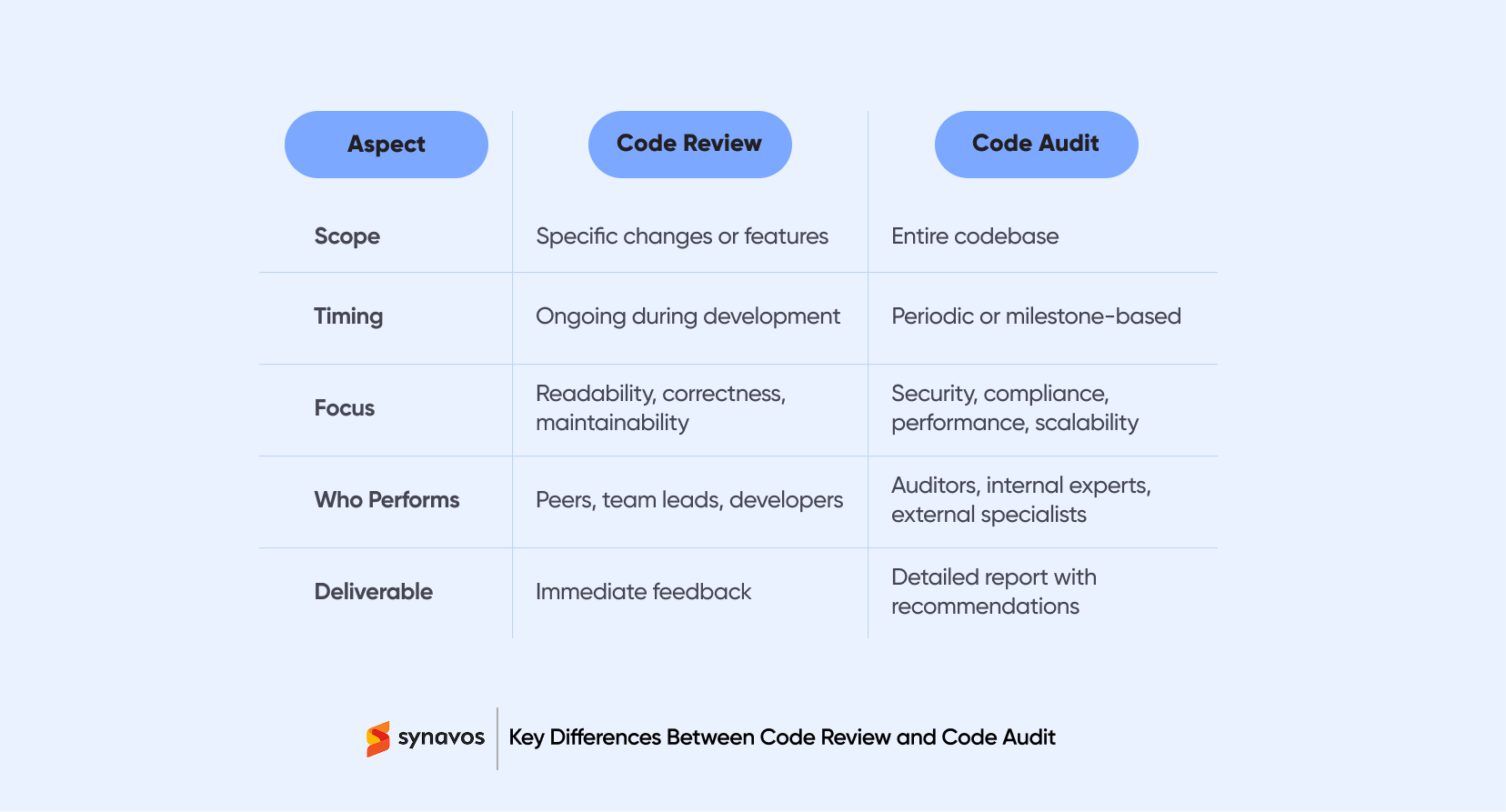
By knowing these differences, teams can combine code reviews for day-to-day quality control with audits for long-term security and reliability.
When to Use a Code Review
- During Daily Development: Check each new change or feature before it is merged into the main codebase.
- To Maintain Coding Standards: Ensure all code follows established guidelines, style, and best practices.
- For Team Collaboration and Learning: Helps junior developers learn from peers and promotes consistent coding practices across the team.
- Quick Bug Detection: Catch small errors or potential logic issues before they escalate.
When to Use a Code Audit
- Before Major Releases: Ensure the software is secure, stable, and ready for production.
- For Scaling or Upgrades: Identify performance issues and areas that may not handle increased usage.
- Regulatory and Compliance Checks: Verify that the software meets industry or legal standards.
- Post-Merger or Acquisition: Evaluate inherited code for potential risks or inefficiencies.
Benefits of Using Both Code Reviews and Code Audits Together
While code reviews and code audits serve different purposes, using both strategically can deliver significant advantages for software quality, security, and maintainability.
1. Enhanced Security
Code reviews catch small vulnerabilities during development, while audits identify deeper, system-wide security risks. Together, they minimize the chance of exploits and protect sensitive data.
2. Improved Code Quality and Consistency
Regular code reviews ensure day-to-day coding standards are maintained. Audits, meanwhile, verify that the entire codebase adheres to best practices and is maintainable for the long term. Combining both ensures clean, consistent, and reliable code.
3. Cost and Time Savings
Finding and fixing issues early in code reviews prevents small bugs from escalating into larger problems. Code audits catch hidden or systemic issues before they become critical. Together, they reduce expensive emergency fixes and downtime.
4. Future-Ready Software
Code reviews maintain immediate quality, while audits focus on scalability, performance, and compliance. Using both ensures that your software can grow with your business without compromising stability or security.
5. Knowledge Sharing and Team Growth
Reviews encourage collaboration and skill development within the team, while audits provide insights from external or senior experts. This combination fosters learning and strengthens the overall development process.
Common Misconceptions About Code Reviews and Code Audits
Even experienced developers and businesses sometimes misunderstand the roles of code reviews and audits. Clarifying these misconceptions ensures that software teams use both effectively.
1. “A Code Review Is Enough; No Need for an Audit”
While code reviews catch immediate bugs and enforce coding standards, they do not provide a full assessment of security, performance, or compliance. Code audits examine the entire codebase to uncover hidden risks that reviews might miss.
2. “Audits Slow Down Development”
Some believe audits are time-consuming and hinder progress. In reality, audits prevent costly mistakes, security breaches, and performance issues that can cause major delays later. Conducting audits at key milestones keeps development on track in the long run.
3. “Reviews and Audits Are the Same”
Code reviews focus on incremental changes, readability, and team collaboration. Code audits are comprehensive evaluations that assess the entire system for vulnerabilities, compliance, and scalability. Treating them as identical limits the effectiveness of both.
4. “Only Large Companies Need Audits”
Even small or mid-sized teams benefit from code audits. Any business that wants secure, scalable, and maintainable software can gain insights and prevent future risks by incorporating audits alongside reviews.
5. “Automated Tools Can Replace Both”
While static analysis and automated testing help, they cannot fully replace human judgment. Auditors and reviewers provide context, detect subtle issues, and offer actionable recommendations that tools alone cannot deliver.
By understanding and avoiding these misconceptions, businesses can maximize the value of both code reviews and audits, ensuring robust, reliable, and secure software.
Wrapping Up
Both code reviews and code audits are essential for maintaining high-quality, secure, and future-ready software. Code reviews keep day-to-day development smooth, catch bugs early, and maintain coding standards, while audits provide a comprehensive evaluation of the entire codebase by uncovering hidden risks, performance issues, and compliance gaps.
Strengthen and Secure Your Software with Synavos
At Synavos, we take pride in delivering world-class code audit services that strengthen your software from the inside out. Our code audits go far beyond routine checks by offering a deep analysis of your entire codebase to uncover vulnerabilities, improve maintainability, and optimize overall performance. By partnering with us, you gain expert guidance, actionable insights, and a roadmap to strengthen your software while safeguarding your business against future risks.
Schedule a comprehensive code audit with Synavos and give your software the stability, efficiency, and security it deserves!












